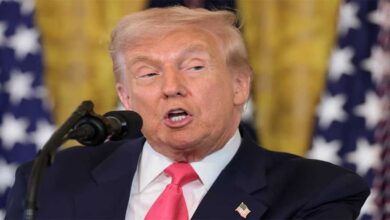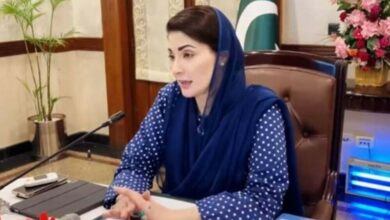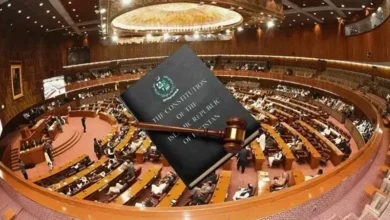A new study has revealed that social media algorithms are making people in Pakistan more politically divided.
The research, published in the HEC Recognized Journal, shows how platforms like Facebook, X (Twitter), and YouTube influence people’s political opinions by repeatedly showing them content that matches their existing beliefs.
The study was conducted by Umair Mahmood ((PHD Scholar) based on responses from 226 participants, most of whom were young adults. It found that about 70% of people rely on social media as their main source of political news, while traditional media is being used far less. This shift is creating digital “echo chambers,” where people mostly see opinions they already agree with.
Research found that people who strongly react emotionally to political disagreements are also more likely to be politically polarized. In other words, the more frustrated or angry people feel about opposing opinions, the more divided they become.
The study also revealed surprising result that people who believe they are seeing a variety of opinions online are actually becoming more polarized, not less. This shows that the “diversity” promoted by social media algorithms might be misleading, as platforms often show a mix of posts that still fit users’ personal views.
Another key finding was that younger users are more likely to change their political opinions after seeing political content online. However, selective following or algorithm-based recommendations did not directly change engagement in the short term meaning their effects grow slowly over time.











